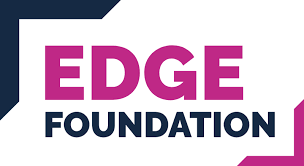With the Government’s recent launch of its consultation into the Advanced British Standard, there are lessons to be learned from the Scottish Diploma of Achievement recommended in Scotland’s Independent Review of Qualifications and Assessment, led by Professor Louise Hayward. Here Professor Hayward reflects on her review on the lessons it holds for system-level education reform.
When considering changes to qualifications and assessment in complex systems like education, it’s all too easy for discussions to concentrate on strategies to collect evidence. For example, should qualifications be based on external examinations or school-based tests, on projects or classroom assessment? These are vital questions, but they are not the first questions that should be asked. Qualifications represent evidence of what learners have achieved in their time in school or college, achievements they, and society, will also use to help inform what students do next, in employment, in further education, in higher education or in the voluntary sector. That is why Scotland’s Independent Review of Qualifications and Assessment, which I recently had the privilege to lead, began by asking bigger questions. What does it mean to be an educated citizen in Scotland in the mid-to-late 21st Century? What would it mean to be qualified for that? What knowledge, skills and capacities will students need to thrive? Crucially, to what extent does Scotland’s current system of qualifications and assessment serve all students well?
While the Independent Review aimed to ensure that a future qualifications and assessment system in Scotland would be relevant, reliable, and respected across communities, we also wanted to rebuild a stronger link between qualifications and why education matters, providing the space for learners and teachers to rekindle their passion for learning whilst working towards qualifications. Without a clear and educationally worthwhile sense of purpose, even the most carefully considered reforms will fail to take root.

